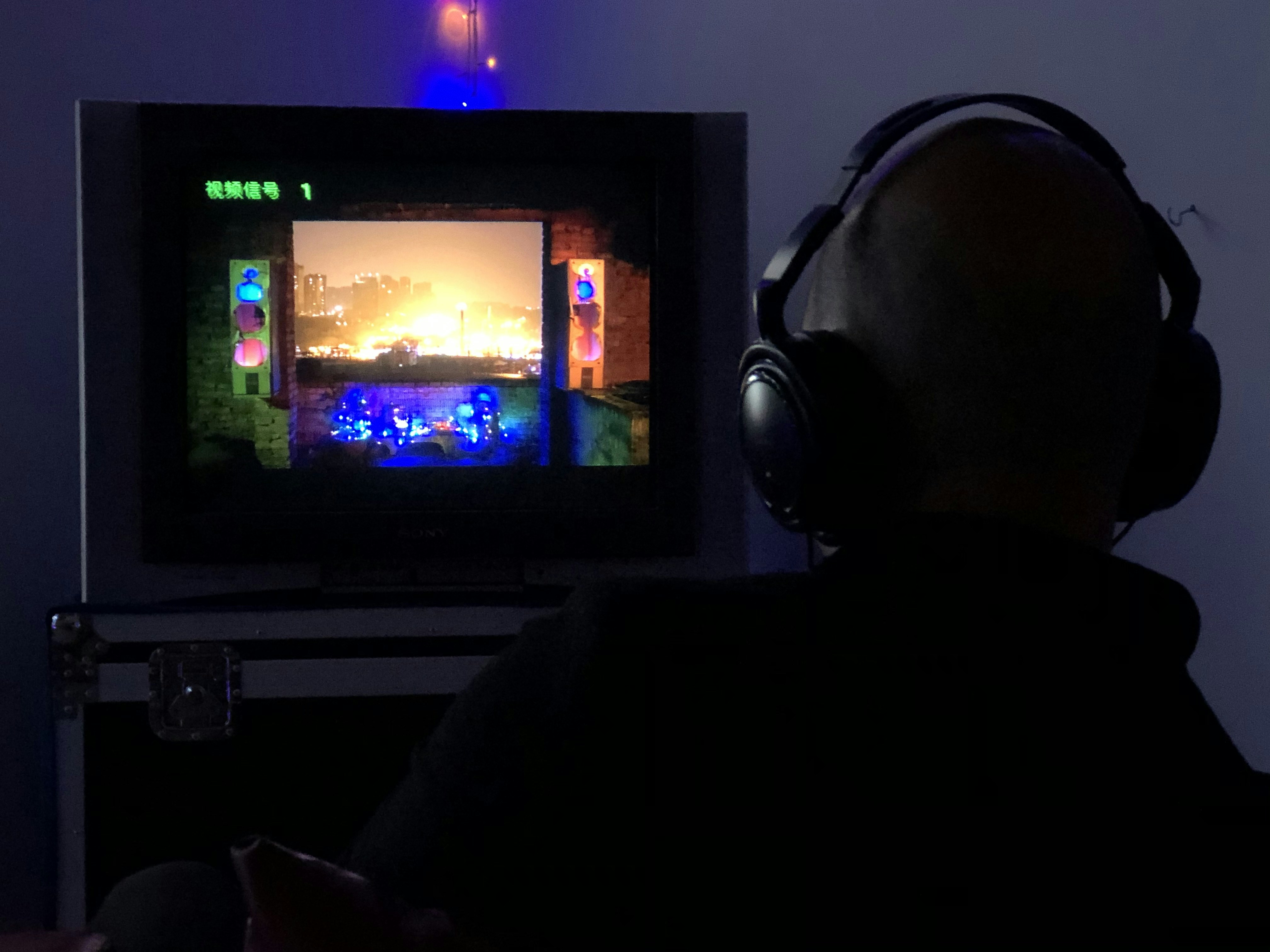Game Engines and Psyche: Explore the Mental Health in Gaming
Video games have evolved dramatically from simple pixelated screens to immersive virtual worlds that not only entertain but also engage with deeper narratives—often relating to mental health. As we dive into the intricate relationship between game engines and our psyche, it becomes evident that video game development mirrors the complex narratives of mental health. This exploration spans from the emotional impact of game design to how gaming can influence mental well-being.
The Art of Storytelling in Video Games

Video games are unique in their ability to tell stories. Unlike film or literature, where the interaction is passive, games invite you to participate, creating a rich tapestry where players become part of the narrative. Game developers have taken cues from psychology, particularly in how they structure narratives that resonate with mental health experiences.
For instance, games like Celeste and Hellblade: Senua's Sacrifice focus explicitly on mental health issues such as anxiety and psychosis. They do this not by shying away from uncomfortable themes but by integrating them into gameplay mechanics, allowing players to experience them in a controlled environment. This represents a form of narrative therapy, where players can explore their own mental health challenges through the lens of the characters they control.
Moreover, the emotional resonance created by these narratives can stimulate conversations in society. The representation of mental illness in gaming can destigmatize difficult topics, fostering understanding and empathy. You can delve deeper into this dynamic at How Game Narratives Shape Player Mental Health & Well-Being.
Integrating Psychology into Game Design

Game engines not only build the interactive world but also facilitate psychological experiences. Developers employ techniques from behavioral psychology to design engaging mechanics that capture players' attention and enable emotional investment. Game designers often manipulate elements—like color, music, and narrative pacing— to create feelings of tension, relief, or intimacy.
The psychology of color in game design is particularly interesting. For example, bright colors may evoke happiness, while darker tones can create feelings of dread or sadness. The interplay of these visual elements engages players' emotional responses, mirroring the complexities of their own feelings.
Research indicates that players often find comfort in engaging with these emotional themes. Games can act as safe spaces where players navigate emotional landscapes without real-world consequences. Understanding this is crucial for developers, as it allows them to create experiences that resonate well with the mental health narratives they aim to portray. To learn more, check out The Psychology of Color in Game Design.
The Role of Player Communities

The gaming community further reflects mental health narratives, as players find solace in shared experiences. These communities serve as platforms for discussions around mental health, navigating feelings that arise from gameplay. Forums like Reddit or game-specific Discord servers become refuge spaces where players share their stories, struggles, and triumphs.
Furthermore, games often include community-driven content that sees players contributing to the narrative, creating a sense of belonging and shared ownership. This can be profoundly therapeutic, as it fosters a network of support that extends beyond the gaming experience. Understanding player communities is essential for developers, and you can explore this dynamic in-depth at Beyond the Game: How Player Communities Influence Game Design.
Game Mechanics and Emotional Engagement

Game mechanics are carefully designed to evoke emotional responses from players. For example, the mechanics of loss, failure, and success keep players emotionally invested, driving them to revisit their struggles within the game. This cycle can often lead to personal reflections on resilience, mirroring the ups and downs of mental health journeys.
The mechanics of exploration, achievement, and even defeat can lead players to recognize their own attributes, bolstering self-esteem or, conversely, triggering feelings of inadequacy based on gameplay experiences. A particularly poignant example is the popular series Dark Souls, known for its difficulty and punishment mechanics. Players are forced to confront feelings of frustration and triumph, cultivating resilience—an essential component of mental health.
Furthermore, innovative game mechanics like those seen in Journey create emotional resonance by placing players in a shared, cooperative world. The experience transcends competition, encouraging emotional connections and fostering support among players. This emotional engagement available through game mechanics empowers gaming as a medium for exploring personal growth and addressing mental health.
Therapeutic Gaming and Mental Wellness

As gaming continues to grow in popularity, therapeutic gaming has emerged as a significant trend. This encompasses games explicitly designed to promote mental wellness, support mindfulness, and provide therapeutic benefits. Projects like Pixel Therapy use gameplay to guide players through emotional challenges, leveraging the interactive nature of games for therapeutic purposes.
Gamification in mental health also allows therapists to incorporate gaming elements into treatment, increasing engagement and motivation in patients. By creating a fun, interactive platform, individuals are encouraged to confront mental health challenges within a safety net of gaming structure, thus fostering a unique environment for healing. To dive deeper into this topic, check out The Gamification of Mental Health: Transforming Therapy Through Play.
AI and the Future of Gaming Narratives

The emergence of artificial intelligence in video games is resulting in more dynamic and responsive narratives. AI enables developers to create adaptable storylines based on player choices and behaviors, enhancing emotional engagement. Players experience personalized storylines that reflect their choices, mirroring individual mental health experiences.
AI-driven storytelling transforms engagement, allowing games to explore complex mental health topics via intricate narratives uniquely tailored for each player. Such technology raises new questions: How can AI responsibly engage narratives surrounding mental health, ensuring they promote understanding instead of reinforcing stigma?
Examining these advancements, games like Detroit: Become Human push boundaries, prompting players to confront moral dilemmas and reflect on their values. The conversations sparked by these experiences can lead to a broader understanding of mental health challenges and resilience.
A Journey Towards Integration

As we continue to delve into the intersection of game development and mental health narratives, it is vital to recognize that this journey is not without challenges. There lies a responsibility for developers to approach sensitive topics with care, ensuring respectful and accurate representation. The balance between engaging gameplay and poignant storytelling must be maintained, directing the conversation towards mental wellness rather than stereotypes.
The rise of indie game development has opened new avenues for creative storytellers, allowing diverse voices to tackle mental health narratives that were previously unexplored. Games crafted without the constraints of commercialization provide a fertile ground for innovative storytelling and sensitive portrayal of mental health challenges.
Final Thoughts

As we reflect on the synergy between video game development and mental health, we recognize the potential this medium holds for storytelling, empathy, and healing. Game engines offer more than just pixels; they pave the way for a deep exploration of human emotions and mental challenges.
By promoting greater discussions around mental health and fostering supportive player communities, video games have the undeniable potential to create change. It's essential for both developers and gamers to engage with these narratives thoughtfully, ensuring that responsible representation takes precedence. The gaming world continues to evolve, and so does its capacity to mirror life’s complexities and offer us understanding in our struggles.
Engaging with video games is now more than just an escape; it’s an opportunity for reflection, growth, and conversation. Dive in, explore, and connect with not just the game but the deeper narrative it presents.



